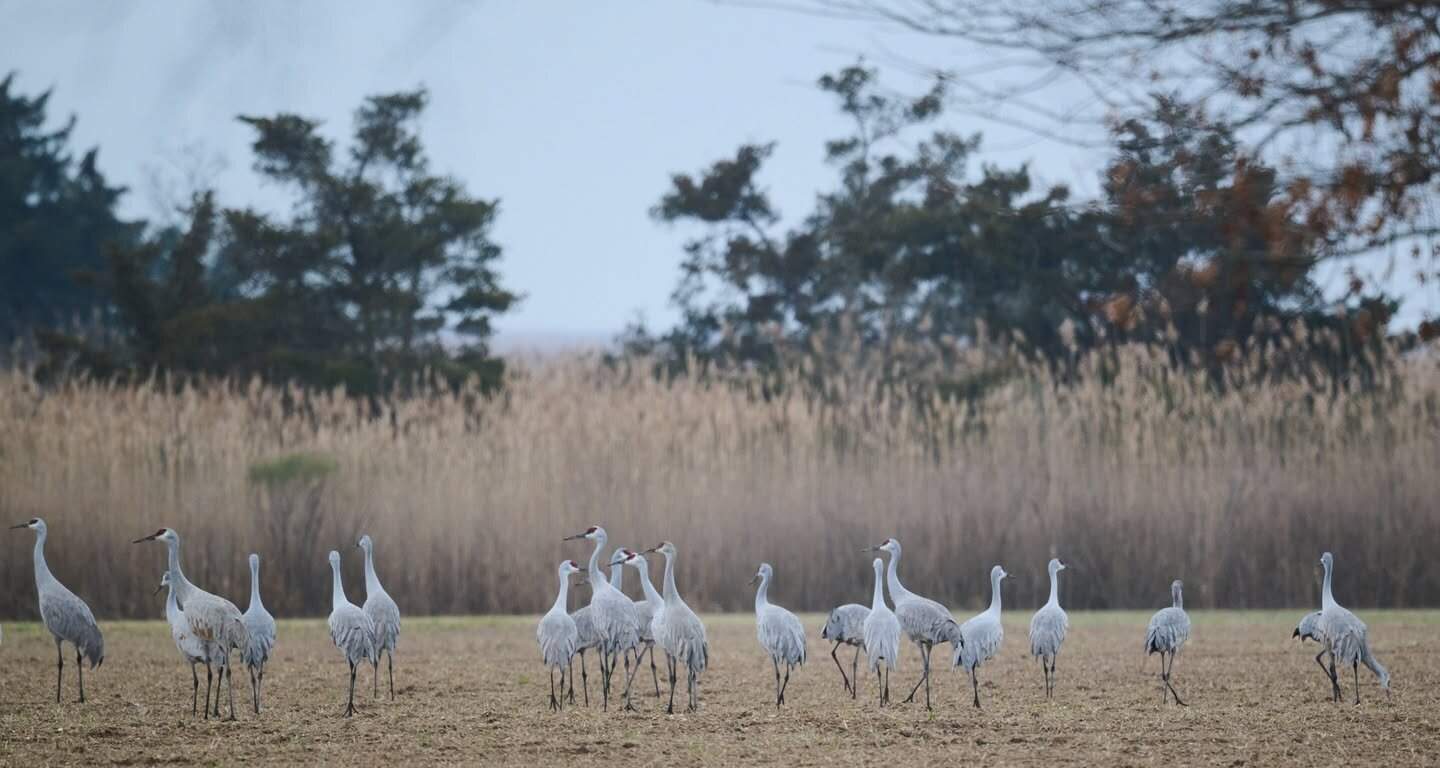Fithian’s Pen
The journals of Philip Vickers Fithian, the Greenwich-born Revolutionary War chaplain, contain a series of entries that invite a comparison between life in South Jersey and that of Virginia, where Fithian obtained work as a tutor on the Nomini Hall plantation of Robert Carter in 1773.
As Fithian describes it, the town of Greenwich was a tight-knit community that survived through the cooperation of its citizens. Isabel S. Moore’s 1978 South Jersey Magazine article titled “Eighteenth Century Social Life in Greenwich as Revealed in the Philip Vickers Fithian Journals of 1766-1767,” cites a series of examples of Fithian completing various tasks like shelling corn and reaping wheat for friends and neighbors and transporting in hail and rain the women who would serve as midwives during the birth of his brother Thomas.
Town fairs in Greenwich had been held twice a year from 1695 to 1765. In 1766, Fithian writes that petitions were being drawn to reinstate the fairs, which had always benefited residents.
But Moore’s article provides evidence of an edgier side of the region in this era. There is mention of an epidemic during 1766-67 during which, Fithian reports, there were “so many sick in families they can’t help one another.” Trade apprenticeships were standard for the era, and many youths, including Fithian’s brother Enoch, were apprenticed to tradesmen and subject to punishment for disobeying instructions. “The apprentice,” Moore writes, “had the same status as a servant…”
The most harrowing incident recorded in Fithian’s writings about the Greenwich area occurred in 1767. A May 8 journal entry involved two youthful individuals who decided to attend the hanging of a man named Williamson.
“Two young men who were at the execution of a certain John Williamson, in Moorsfield, for the murder of his Wife,” Fithian writes, “[and] on their return home, chatting with each other and making light of the pain which a criminal endured in hanging, one of them agreed to be hanged for two or three minutes in order to judge with certainty[;] he accordingly pulled a cap over his face and swung himself off of a chair, taking a handkerchief in his hand, which he [was] to drop whenever he wanted to be cut down.”
According to Fithian, this individual “plunged pretty much, but an interval of several minutes passing and no handkerchief being dropped his companion became a little uneasy, and thought proper to cut him down, when to his inexpressible astonishment, he found him quite Dead; and was so shocked at the circumstances, that he lost his senses immediately, and is now tied down raving mad in his apartment.”
Fithian attributes the incident to “the wantonness of youth” and declares that it “should be a warning to all to deter them from the like unhappy consequence.”
Farming was never the occupational role Fithian saw himself pursuing, and he beseeched his father to allow him to pursue religious studies locally and at the College of New Jersey. His return to Greenwich upon graduation in 1772 seems to have led to a possible position in one of the schools, but when that post was filled by a Mr. Lynn, he was free to accept the position as tutor for Carter’s children at Nomini Hall.
What he discovered in Virginia contrasted with the New Jersey life he had witnessed. The Pennsylvania Magazine of History and Biography declares that Fithian’s account of Nomini Hall describes it as “a most delightful picture of the social life of the period—of refinement and culture, of elegance of living and lavish hospitality, of balls and foxhunts, and an almost constant round of entertainments.”
But Greenwich community life had shaped his values and would eventually provide the foundation for his missionary duties and his role as chaplain in the American fight for independence.








